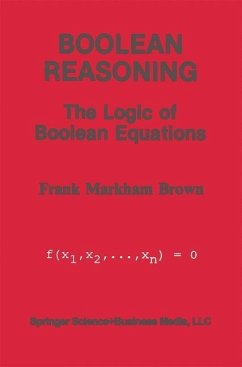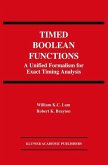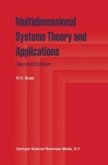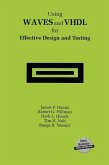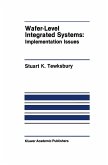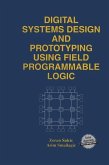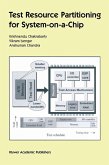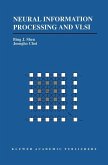This book is about the logic of Boolean equations. Such equations were central in the "algebra of logic" created in 1847 by Boole [12, 13] and devel oped by others, notably Schroder [178], in the remainder of the nineteenth century. Boolean equations are also the language by which digital circuits are described today. Logicians in the twentieth century have abandoned Boole's equation based logic in favor of the more powerful predicate calculus. As a result, digital engineers-and others who use Boole's language routinely-remain largely unaware of its utility as a medium for reasoning. The aim of this book, accordingly, is to is to present a systematic outline of the logic of Boolean equations, in the hope that Boole's methods may prove useful in solving present-day problems. Two Logical Languages Logic seeks to reduce reasoning to calculation. Two main languages have been developed to achieve that object: Boole's "algebra of logic" and the predicate calculus. Boole's approach was to represent classes (e. g. , happy creatures, things productive of pleasure) by symbols and to represent logical statements as equations to be solved. His formulation proved inadequate, however, to represent ordinary discourse. A number of nineteenth-century logicians, including Jevons [94], Poretsky [159], Schroder [178], Venn [210], and Whitehead [212, 213], sought an improved formulation based on ex tensions or modifications of Boole's algebra. These efforts met with only limited success.
Dieser Download kann aus rechtlichen Gründen nur mit Rechnungsadresse in A, B, BG, CY, CZ, D, DK, EW, E, FIN, F, GR, HR, H, IRL, I, LT, L, LR, M, NL, PL, P, R, S, SLO, SK ausgeliefert werden.

